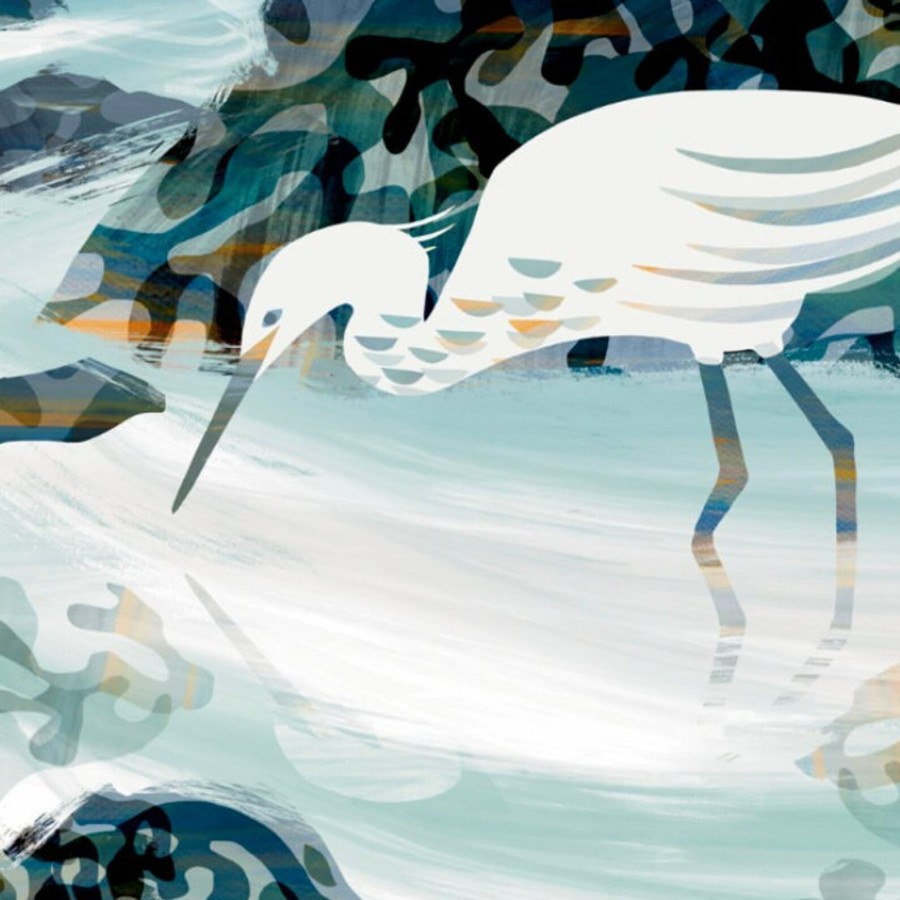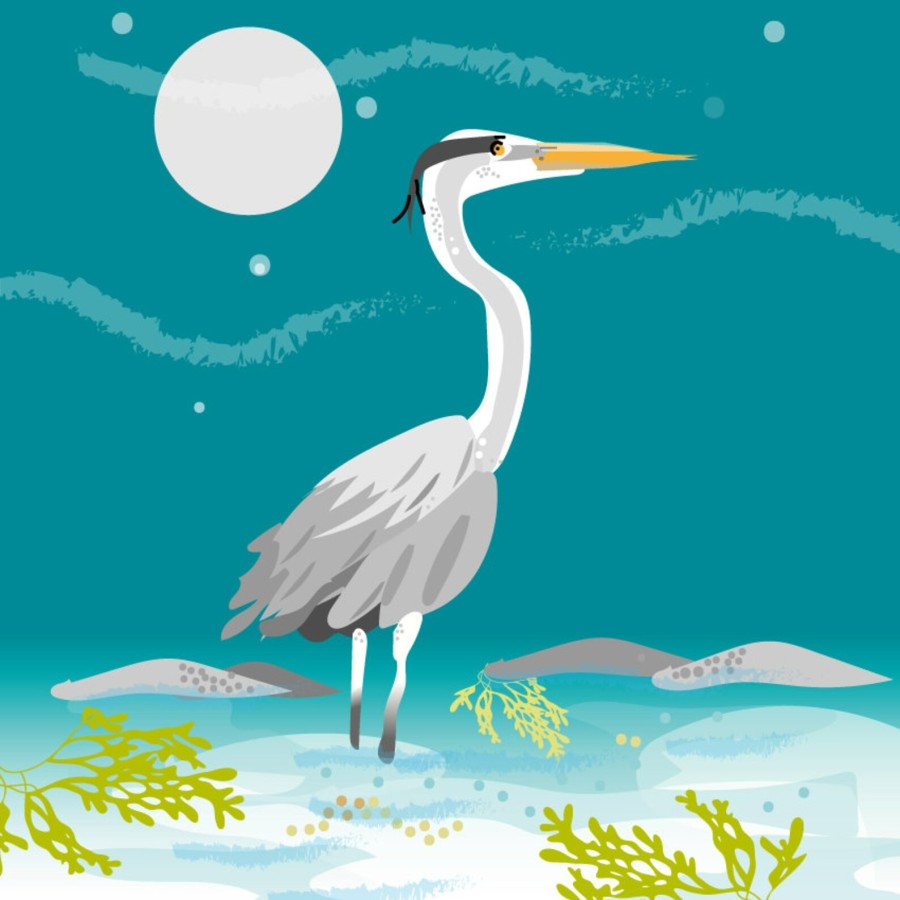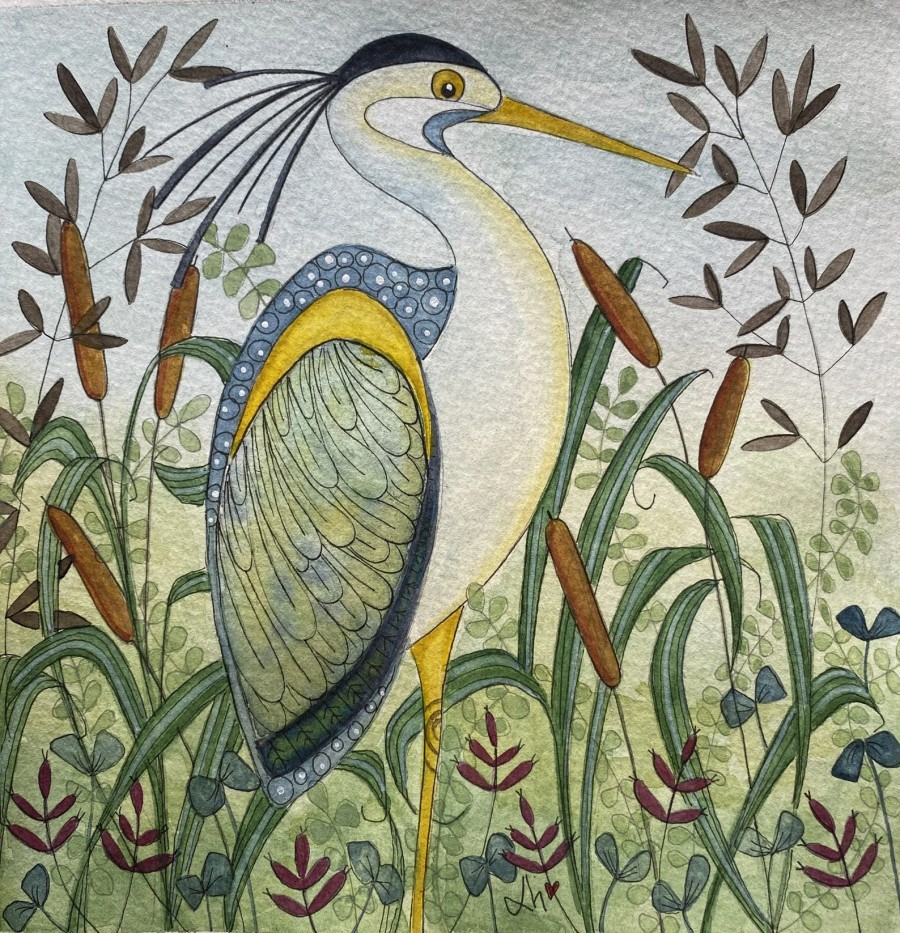
Little egrets are small herons that feed in shallow water (or on land) eating insects, fish, crustaceans, amphibians and even ducklings. These white birds have black beaks and long black legs (and yellow feet, if in England). They’ve only been visiting these shores for the last few decades (they flew over from France, due to our warming weather) and are mostly found on the south coast. Like herons, cranes, storks and ibises, they use their long bills to catch and eat food.
Like all wildlife, little egrets have suffered due to loss of habitat, and also can be at risk from power lines (they also have been hunted in the past due to their long neck plumes, until laws were placed to protect them). Many wetlands in England have been drained for agriculture, and planting new wetlands is the best way to ensure their survival.
At the beach, keep at least 50 metres away from coastal birds (if they fly away, this is wasting energy that could be spent feeding, they need extra space during high tide). Also keep to main paths when crossing dunes (this also helps dogs and you from having invasive pirri pirri burr attaching to skin, fur, clothes or shoelaces).
secretive bitterns (critically endangered)
Bitterns are one of our most secretive birds, and near extinction. You won’t see them camoflauged in dense reedbeds, though you may hear the males with their big ‘boom’ call that travels for miles. In 1997 there were just 11 males left, now through conservation efforts there are almost 200, but they are still in danger, so let’s protect their natural habitats, and leave them alone.
how to humanely deter herons from ponds

Herons are often an issue near ponds, but dummy herons rarely work (herons hunt together, so think they’ve found a mate). And heron deterrent discs have holes in which hedgehog spikes could get caught. And netting can trap wildlife.
It’s sad to say, but herons do kill fish and ducklings. So if you have a pond, herons will try to find them. You may have to accept it’s nature. Two possible solutions are tall plants at the edge (to obscure views of fish) and a solar fountain to agitate the water (so herons are less likely to see them). Learn more on how to create a wildlife-friendly pond.







